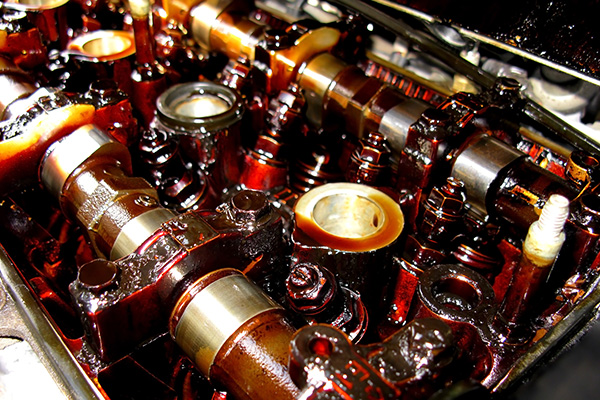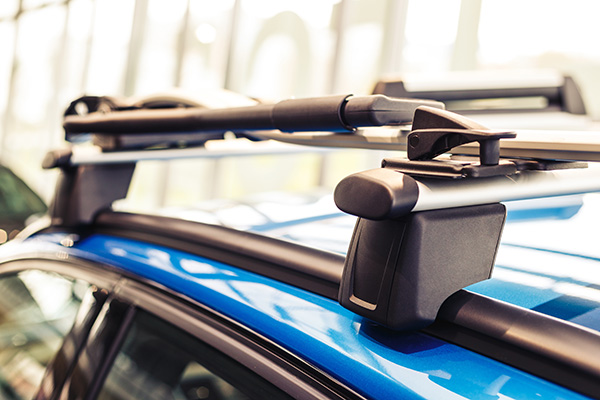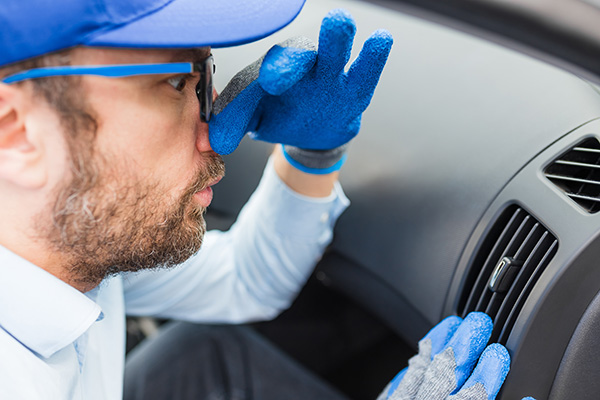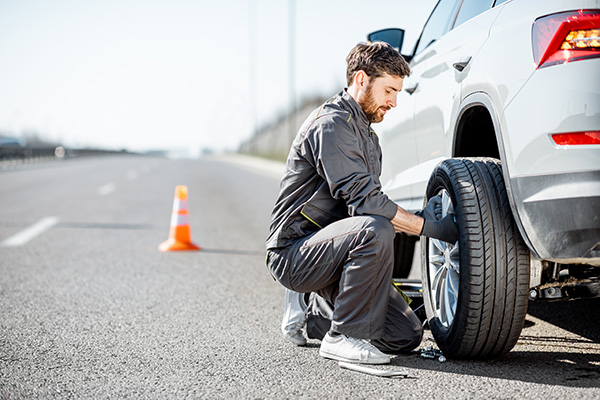Posted on 6/27/2025

Your engine’s oil is one of its most critical components. It lubricates moving parts, helps regulate temperature, and reduces the buildup of harmful contaminants. But like all fluids in your vehicle, oil needs to be replaced regularly. Skipping an oil change may seem harmless, especially if your car feels like it’s running fine, but this simple maintenance task is more important than many drivers realize. In San Jose’s stop-and-go traffic and warm climate, engine oil works hard. Delaying or skipping oil changes increases the risk of engine damage, costly repairs, and reduced vehicle life. What Engine Oil Does Before understanding the consequences of skipping an oil change, it helps to know the role oil plays in your engine: Lubrication: Reduces friction between fast-moving engine components Cooling: Helps carry heat away from engine parts Clean ... read more
Posted on 5/30/2025

Do you hear a constant whistle or low hum coming from your roof while driving at higher speeds? When your car has a roof rack, that sound might be more than just background noise. It’s likely wind resistance creating turbulence around the bars. While it’s a common issue, especially on highways, it can be distracting and make your ride less enjoyable. We’ll explain why roof racks make noise and what you can do to reduce or eliminate it. Why Roof Racks Make Noise Roof racks interfere with the way air flows over your car. Your vehicle is designed to be aerodynamic, allowing air to pass smoothly over the body. When you add a rack, even if it's empty, it changes that airflow. Crossbars, mounts, and attachments create small pockets of turbulence that turn into noise once you’re traveling at speed. The most common sounds include: A high-pitched whistle caused by air passing through gaps or around rounded edges A low-pitched hum or drone from ... read more
Posted on 4/25/2025

That musty, mildew-like odor that hits you the moment you turn on your car’s air conditioning isn’t just unpleasant—it’s a red flag. If your car smells like a damp basement or old gym bag when you first start it, you’re likely dealing with moisture buildup inside your A/C system. While it may seem harmless, this issue can grow into something more serious if not addressed properly. Fortunately, the cause is usually something you can fix—and, in many cases, prevent in the future. What Causes That Musty Smell The most common cause of mildew odors is moisture trapped inside the A/C evaporator core, which sits behind the dashboard. When you run the air conditioner, humid air passes over the cold evaporator coils. This cools the air but also causes condensation to form. Normally, that water drains out through a tube under the car. But when that moisture doesn’t fully evaporate—or if the drainage is blocked—it creates ... read more
Posted on 3/28/2025

A flat tire can happen at the worst possible time—on your way to work, during a road trip, or even just running errands around town. While calling for roadside assistance is an option, knowing how to change a flat tire yourself can save time and keep you from being stranded. However, safety is the top priority when handling a tire change, especially on the side of the road. Here’s a step-by-step guide to changing a flat tire safely and getting back on the road as soon as possible. What You Need to Change a Flat Tire Before you start, make sure you have the right tools in your vehicle. Most cars come with a basic tire-changing kit, but it’s always good to check and ensure everything is in place. Here’s what you’ll need: A spare tire (make sure it’s properly inflated) A jack to lift the car off the ground A lug wrench to remove and tighten the lug nuts A wheel wedge or a large rock to keep the car from rolling A flashlight if ch ... read more
Posted on 2/28/2025

Shopping for a new car is exciting, but safety should always be a top priority. With modern advancements in vehicle technology, today’s cars offer an impressive range of safety features designed to prevent accidents and protect passengers in the event of a collision. But with so many options available, how do you know which features are the most important? If you're in the market for a new vehicle, here are the best safety features to look for to ensure you and your passengers stay protected on the road. Advanced Driver Assistance Systems (ADAS) Technology has come a long way in making driving safer, and many new cars are now equipped with Advanced Driver Assistance Systems (ADAS). These features use sensors, cameras, and radar to detect potential hazards and assist drivers in avoiding accidents. One of the most valuable ADAS features is Automatic Emergency Braking (AEB), which detects potential collisions and applies the brakes if the driver doesn’t ... read more